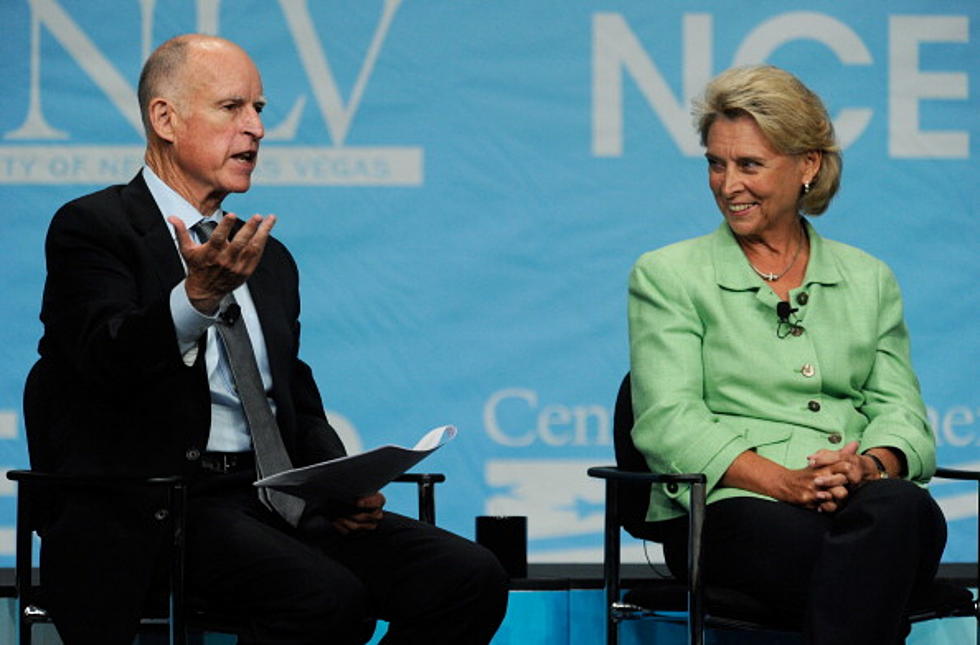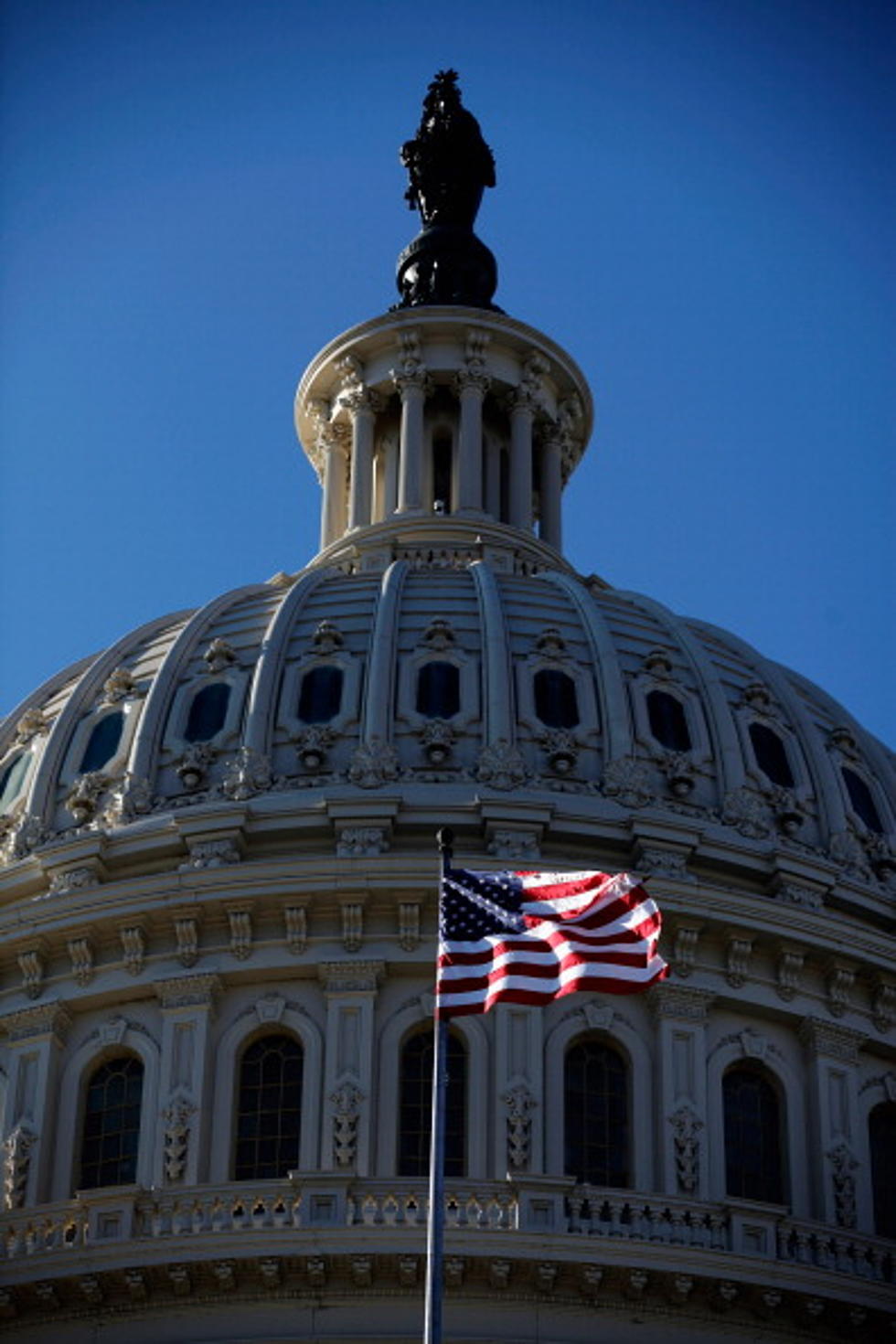
Disgusted? It’s for Your Own Good
The emotion of disgust may be unpleasant, but scientists think it has a real practical purpose in protecting us from harm. In a slew of new books and research papers, the evolution of disgust and its role in attitudes toward food, sexuality and other people is being carefully explored. Valerie Curtis, a self-described “disgustologist” from the London School of Hygiene and Tropical Medicine, says the emotion is “incredibly important.” Speaking last week from a conference on disgust in Germany, she said, “It’s in our everyday life. It determines our hygiene behaviors. It determines how close we get to people. It determines who we’re going to kiss, who we’re going to mate with, who we’re going to sit next to. It determines the people that we shun, and that is something that we do a lot of.” And it starts early. “Kids in the playground accuse other kids of having cooties,” she says. “It works, and people feel shame when disgust is turned on them.” Disgust can even sway our political views as adults — some studies have suggested that conservatives are more prone to disgust than liberals are. And it’s clear that what people find disgusting, they usually find immoral, [...]
The post Disgusted? It’s for Your Own Good appeared first on Man Up About Health.
More From 870 AM KFLD









